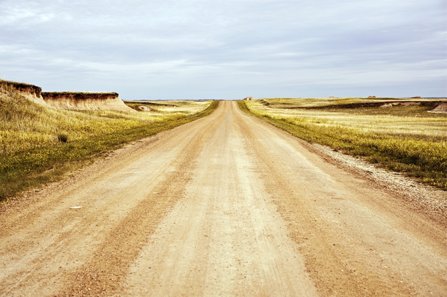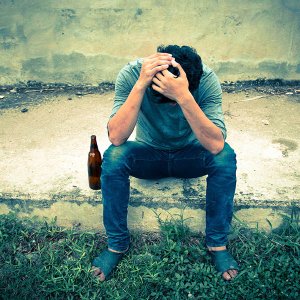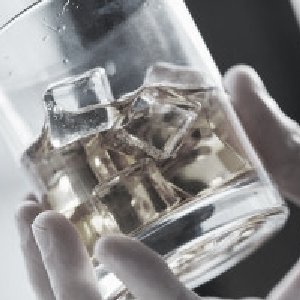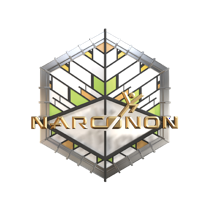The Alcoholism of Pine Ridge, South Dakota
Pine Ridge sits just across the state line from Whiteclay, Nebraska. Surrounded by the Pine Ridge Indian Reservation, it’s a typical small town in this rural area. It’s got a hospital, small college, propane supplier and pizza restaurant. Whiteclay is nothing more than a small cluster of businesses, some shuttered, and a few houses. What keeps Whiteclay alive is selling alcohol to the residents of the Indian reservation across the border. “The Rez” has outlawed alcohol but in Whiteclay, booze is the hot commodity to sell to reservation residents.

While there’s only about a dozen residents of Whiteclay, problem drinkers from South Dakota keep the tiny town thriving. Every year, 4.1 million cans of beer are sold through the four small liquor stores in town. Activists from the reservation have been begging for legislative changes to put these liquor stores out of business for years. But so far, nothing has changed. Those who can’t control their drinking keep buying alcohol. Reporters investigating the situation talk about the passed-out bodies on the sidewalks, the panhandling, public urination, injuries and other problems.
One might argue that business is business and that the liquor stores have a right to be in business wherever they can survive. That might be a reasonable conclusion. That is, until you look at the damaging effects on the Native American population in this area.
These effects include:
- One in four newborn babies suffer from Fetal Alcohol Spectrum Disorder, an incurable problem affecting health, learning and cognitive abilities
- Youth suicide rates are 150% higher than average
- Infant mortality is the highest on this continent
- More than half the adults are alcoholics
- 99% of all police and emergency calls are alcohol related
- Life expectancy is the lowest in the United States (48 for men, 52 for women)
Whiteclay Is Representative of a Much Larger Problem
In this limited environment, one can clearly see that Whiteclay alcohol vendors are taking advantage of a vulnerable population. The same problem exists in a much larger environment —all of America.
An analysis of alcohol sales show that the top 10% of heavy drinkers buy more than half the alcoholic beverages in America. On average, these 24 million people drink 74 drinks each week. And underage drinkers account for 11% of all alcohol sales in the U.S. Without these two populations, alcohol manufacturers would lose more than half their customers. It stands to reason that these businesses would be in no particular hurry to prevent sales to these two groups. Nor could we expect Whiteclay beer-sellers to put themselves out of business on behalf of vulnerable members of the Oglala Sioux tribe.
While legislative and business changes help, alcoholism is really resolved one-on-one, with effective rehabilitation. What does it take to recover from alcoholism? At Narconon Arrowhead, here’s how we approach recovery from alcoholism.
- It takes time. An addiction lasting years or decades is not overcome in a few weeks. The Narconon program has no set time limit—a person goes home when they have achieved the new sober living skills they need.
- It takes deep detoxification—not only the initial detox many alcoholics need to stop using alcohol, but a sauna-based detox that flushes out residues from years of drinking, leaving one able to think more clearly.
- Recovery from past trauma is a must—one must leave the pain of the past behind and focus on the present, a shift accomplished at Narconon Arrowhead through special exercises called the Objectives.
- Relief from guilt and the ability to make correct decisions that maintain a sober life are also needed for a fresh start in life.
Narconon Arrowhead in Oklahoma is just a day’s drive from the Nebraska-South Dakota border but it’s a world away from those problems. At Narconon Arrowhead, thousands have graduated from this drug-free program and returned home to stay sober.
If you care about someone who needs help recovering from alcoholism or any addiction problem, call us now at 1-800-468-6933. We can help.


